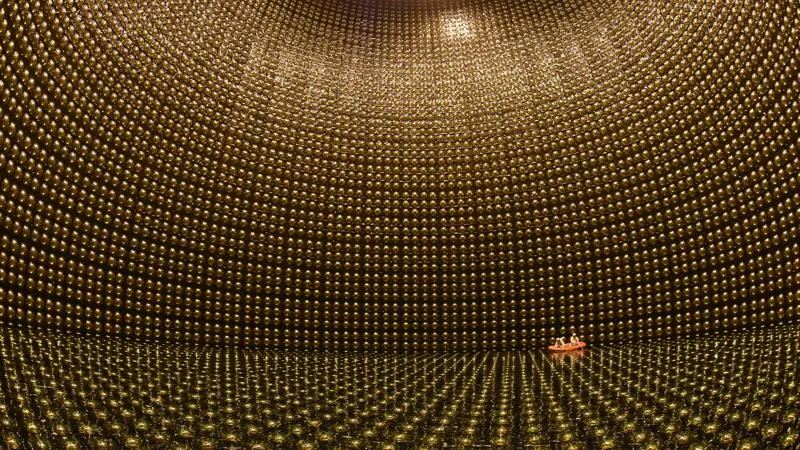Theoretical Treatments of Nano-Systems (7CCP4473M)
Science & Engineering
Course Overview
An increasing amount of science and technology nowadays concerns processes at the nanometer scale, typically involving functionalised structures consisting of nanoclusters and molecules. A time scale of a few picoseconds is the natural one to investigate the vibrational/conformational properties of these systems and the relevant steps of their synthesis/assembly mechanisms. Such a high time/size resolution poses extremely demanding constraints to experimental techniques. Therefore, detailed theoretical descriptions and quantum-based numerical modelling have become indispensable tools in modern research on these systems, as a guide for interpreting the experimental observations and, increasingly, as independent investigation tools capable of quantitative predictions. At this scale quantum mechanical approaches must be used to provide accurate potential energy surfaces and structural/configurational properties that are at the basis of classical molecular dynamics techniques and phase-space descriptions. This module provides an introduction to the rapidly growing area of atomistic-based theoretical modelling in nano-science. It introduces the physics of many-electron systems with a particular focus on symmetry properties and on the simplifying assumptions which must be used to successfully model functional nanoscale systems.
16 January 2026 - 01 May 2026
Places: Opening soon
Delivery mode: In person
Application deadline: 01 December 2025
Places: Opening soon

Course features
While a main goal of the course is to provide a theoretical background on the structure and quantum behaviour of matter at the nano-scale, examples of applications given during the course involve modern concepts on the nano-scale behaviour of functional materials, and provide an accessible introduction to some of the main theoretical techniques used to model processes involving surfaces, interfaces, clusters, and macromolecules.
Learning outcomes
By the end of the module, you will:
- Be familiar with the fact that the physical properties of complex nano-systems can be described within a coherent quantum mechanical framework, in particular that the many-electron problem can be attacked by mean-field techniques of different levels of complexity and accuracy
- Understand how this theoretical description can be used as a basis for accurate modelling tools and thus is capable of quantitative predictions at the nanometer/picosecond size- and timescales.
Entry Requirements
The standard entry requirements comprise:
- A 2:2 honours degree or international equivalent in Physics: Condensed Matter Physics
- A CV and personal statement outlining your reasons for study
- English language band D (for example, IELTS 6.5 overall with a minimum of 6.0 in each skill).
Assessment
You will be assessed via coursework and examination, as follows:
- Coursework 1 = 10%
- Coursework 2 = 30%
- Examination = 60%
Further information
This is an on-campus module. Lectures will be held on a single day of the week, each week, during term time. You will be expected to be on-campus for these. Exact dates and times will be confirmed upon enrolment.
Course code:
7CCP4473M
Credit level:
7
Credit value:
15
Duration:
11 weeks
Discover more



